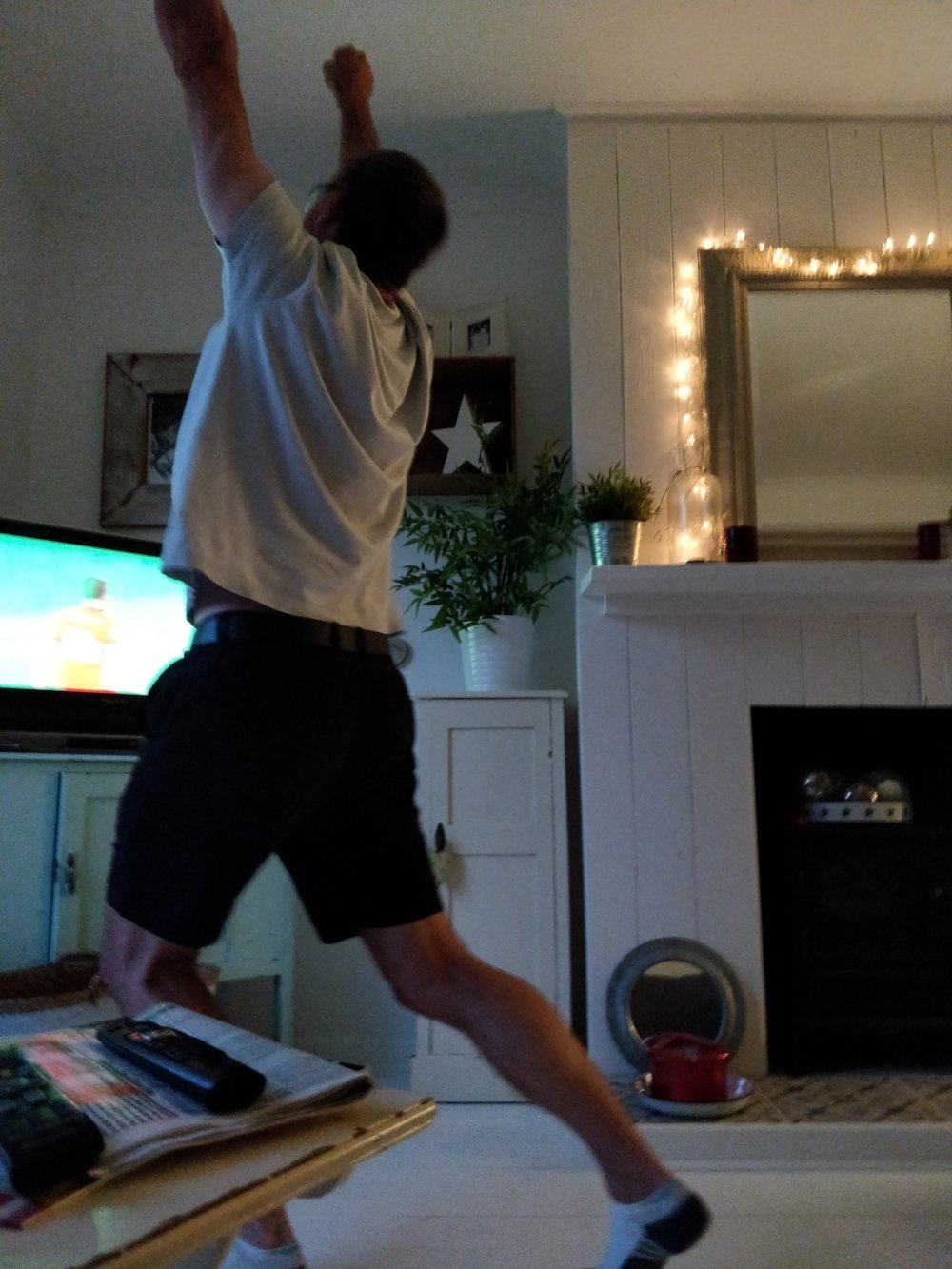
A Maths Teacher Celebrates
or why football remains the most popular and exciting sport
Oh, what a night. It had drama, heroes and villains, and, for once, the tears shed at the end of game were tears of joy. On a night of pure theatre, England beat Colombia in a penalty shoot out to proceed to the quarter finals of the World Cup.
A nation rejoiced and when, perhaps still a little bleary eyed, it woke realising it wasn’t just a dream, the feel good factor across the land was palpable. Workmates chatted amiably, neighbors conversed happily, strangers smiled as they past each other; everyone was happy.
Everyone, that is, except for one man. One grumpy old man, writing in The Guardian.
I have no objection to Simon Jenkins expressing his opinion in the paper, but unfortunately for him, maths blows away all his arguments.
He objects to is games being decided by penalty shoot outs and in this article he calls on FIFA to make the goalposts bigger which will mean more goals, and therefore less draws.
And if you want the “best” team to always win, then he has a point.
But do we always want the best team to win? No, that is the beauty of football. Football is the least predictable of sports – by that I mean that the favourites win less often than in any other sport and that is what gives the game its drama, that’s why millions watch it.
Increasing the distance between goal posts would mean more goals, and more goals (or points in other sports) means more predictability, and more predictability means less drama, less excitement. It can be shown mathematically, (more goals/points = more predictability), but it can also be deduced intuitively as well.
Imagine that I take to the court to play Andy Murray. On any given point I may, just may, win the point but in the long term he is going to win (many) more points than me, so as the more points are scored the more likely he is to emerge victorious.
Suppose (and we really are stretching the bounds of reality here) I win one point in every ten (meaning Andy wins nine in ten). If we play a single point match, the probability of me winning is one in ten, i.e. if we played ten matches I could expect to win one of those games, or if we played 250 one point matches I would win 25 of them.
If we now play a two point match (first to two) then the probability of me winning a match is 0.028, or I would expect to win 7 out of 250 matches. More points, more predictable. By the time we are playing a three point match my chances of success start to become vanishingly small. (If you don’t believe me, sketch out a tree diagram, plug in the numbers and do the sums)
In his article, Simon Jenkins says:
At root, the trouble is soccer’s notorious inability to deliver scoring opportunities …. So far, only 16 out of the first 56 matches in the current World Cup have been decided by more than a single goal. The contrast with free-scoring rugby, cricket and tennis is stark.
As a neutral, we want games to be decided by a single goal – it keeps it exciting until the very end.
Rugby Union has become so free scoring it has a problem. International matches now see twice as many points scored as they did thirty years ago.
On the one hand this is a positive – we all want to see points (or goals) being scored, but the dominance of the favourites is detracting from the excitement of the spectacle.
The gulf in class between the best and weakest teams in football World Cup is vast, but there is always the chance of an upset. In Rugby Union, it is a major shock when even the world’s second or third ranked nation beats the All Blacks. Great if you are a New Zealander, but not much fun for the rest of the world.
To finish, I would like to look at the article’s last line:
Or we can always watch the tennis, whose scoring system is close to perfect.
It depends what you mean by perfect. Yes, it creates great drama, plenty of decisive moments, but if you asked a statistician to devise a system to determine the best tennis player, they wouldn’t come up with the current scoring system.
But sport isn’t about the perfect ranking system, its about drama, despair and hope. I think football has got it pretty much right.
One Comment